Common Chiropractic Myths Debunked: Addressing Misconceptions About Chiropractic Care
Chiropractic care, a healthcare discipline focusing on diagnosing and treating musculoskeletal disorders, particularly those involving the spine, has gained popularity over the years. However, despite its growing acceptance, many myths and misconceptions still surround chiropractic care. This blog aims to debunk some of the most common myths and provide clarity on what chiropractic care truly entails.
Myth 1: Chiropractors Are Not Real Doctors
Debunked: Chiropractors are indeed real doctors, specifically trained in the field of chiropractic care. They hold a Doctor of Chiropractic (D.C.) degree, which requires extensive education and clinical training. Chiropractors undergo rigorous education similar to medical doctors, including subjects like anatomy, physiology, neurology, and radiology. Their training focuses on diagnosing and treating disorders of the musculoskeletal system, particularly the spine.
Myth 2: Chiropractic Adjustments Are Dangerous
Debunked: When performed by a licensed and trained chiropractor, chiropractic adjustments are generally safe. The risks associated with chiropractic care are minimal, especially when compared to other treatments such as surgery or long-term medication use. Chiropractors use precise techniques tailored to each patient's specific condition, minimizing any potential risks. It is always essential to seek care from a qualified and experienced chiropractor to ensure safety.
Myth 3: Chiropractic Care Is Only for Back Pain
Debunked: While chiropractic care is well-known for its effectiveness in treating back pain, it is not limited to this condition. Chiropractors can treat a wide range of musculoskeletal issues, including neck pain, headaches, joint pain, and even issues like carpal tunnel syndrome and plantar fasciitis. They also focus on overall wellness and can provide guidance on nutrition, exercise, and lifestyle changes to promote optimal health.
Myth 4: Once You Start Chiropractic Care, You Have to Keep Going Forever
Debunked: The notion that chiropractic care requires lifelong commitment is a common misconception. The frequency and duration of chiropractic treatments depend on the individual's condition, goals, and response to care. Some patients may need a few visits to address acute issues, while others with chronic conditions might benefit from ongoing care. Chiropractors work with patients to create personalized treatment plans that align with their specific needs and goals.
Myth 5: Chiropractic Adjustments Are Painful
Debunked: Chiropractic adjustments are generally not painful. Most patients experience immediate relief or a sense of improved mobility after an adjustment. The techniques used by chiropractors are designed to be gentle and specific. Some patients might feel mild soreness after the adjustment, similar to the sensation after exercising, but this typically subsides quickly.
Myth 6: Chiropractic Care Is Not Supported by Scientific Evidence
Debunked: Numerous studies support the effectiveness of chiropractic care for various conditions, particularly those involving the spine and musculoskeletal system. Research has shown that chiropractic adjustments can provide significant relief for back pain, neck pain, and headaches. Additionally, many patients report high satisfaction with chiropractic care and improvements in their overall quality of life.
Myth 7: Chiropractors Only Treat Adults
Debunked: Chiropractic care is suitable for people of all ages, including children and the elderly. Pediatric chiropractic care can help with issues like colic, ear infections, and developmental concerns, while older adults can benefit from chiropractic care to manage age-related conditions such as arthritis and joint stiffness. Chiropractors adjust their techniques to suit the specific needs and conditions of patients at different life stages.
Conclusion
Chiropractic care is a legitimate and effective healthcare discipline that can provide relief for various musculoskeletal issues and improve overall wellness. By debunking these common myths, we hope to shed light on the true nature of chiropractic care and encourage those considering it to seek professional advice from licensed chiropractors. As with any healthcare decision, it's essential to do your research, ask questions, and make informed choices about your health and well-being.
We would love to help you!
- Team IC
